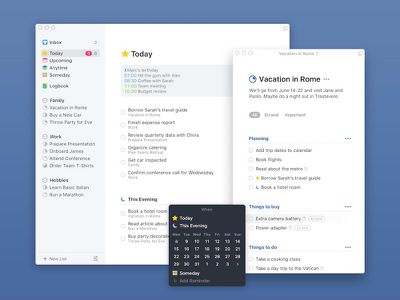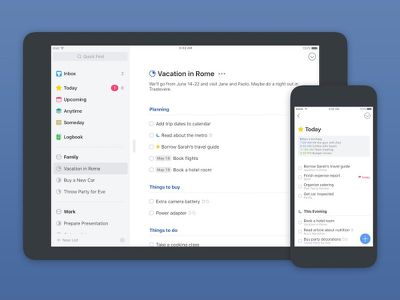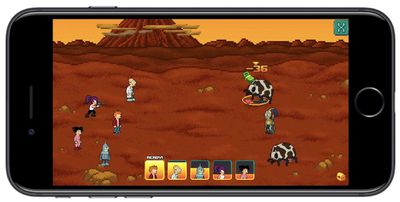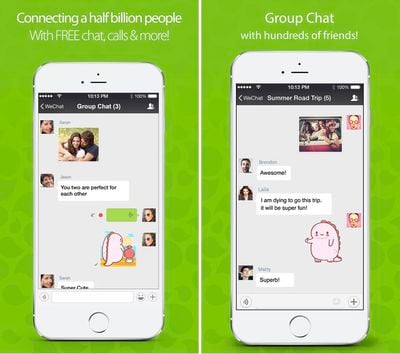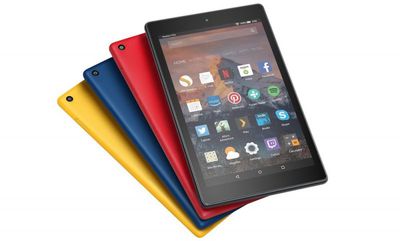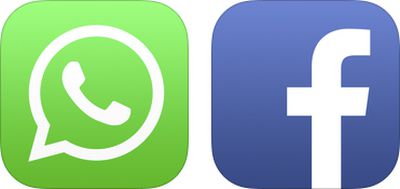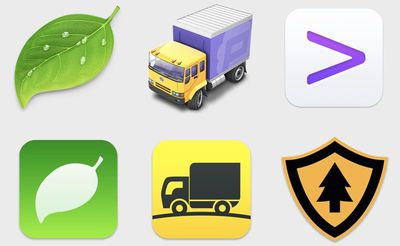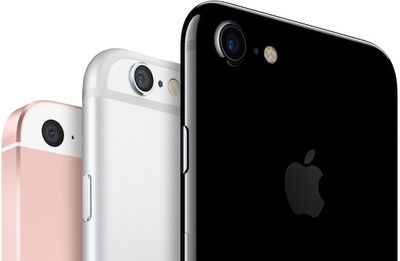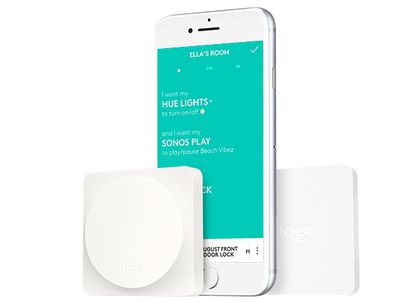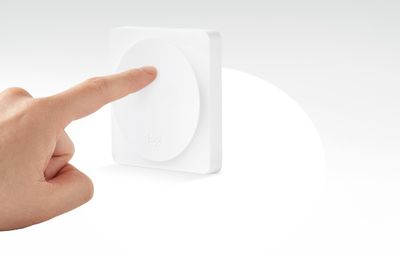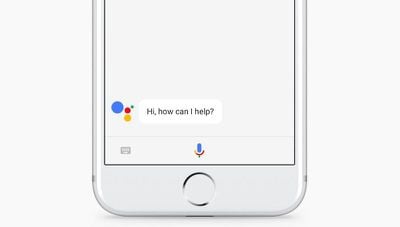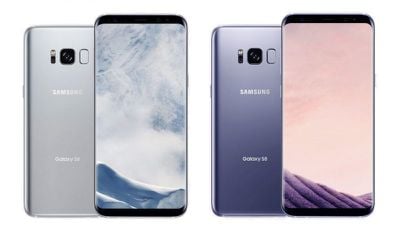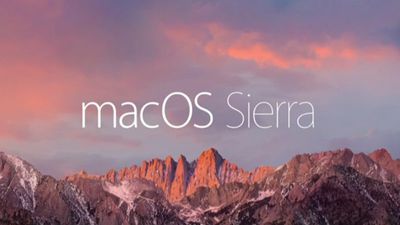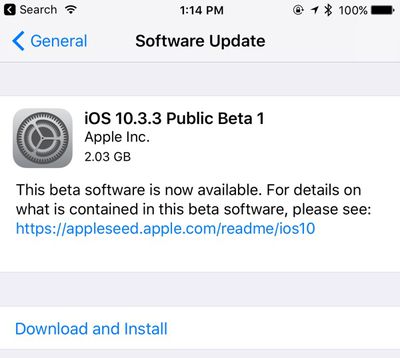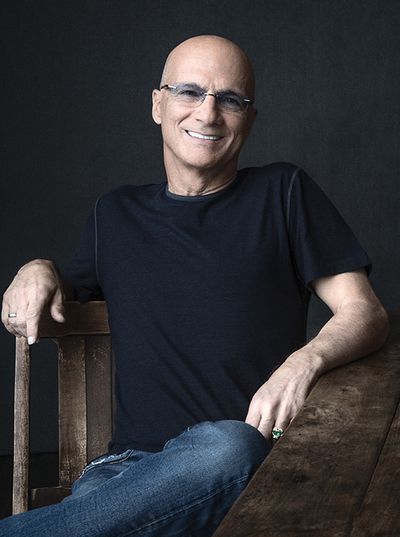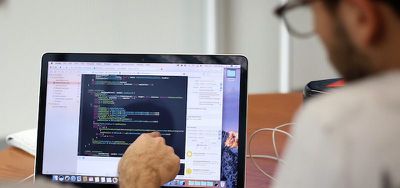Broadcasting company SiriusXM Satellite Radio is having "active discussions" about the potential acquisition of internet radio company Pandora, after previously showing interest in bidding for Pandora last year. After those talks stalled, The New York Post is now reporting that SiriusXM is reigniting its interest in Pandora, which would grant the company access to Pandora's online radio service and the just-launched on-demand "Premium" streaming service.
Pandora Premium itself is the result of the company's acquisition of key assets and employees who worked for Rdio, which Pandora acquired in 2015. The $9.99/month service is a competitor to Apple Music and Spotify, giving listeners access to a large on-demand library, playlist creation, unlimited skips, and no ads, unlike Pandora's base radio service.
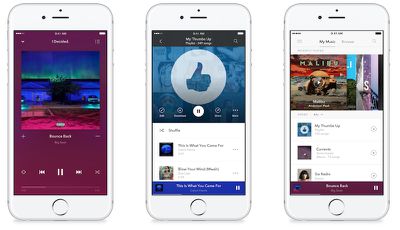
Liberty Media-backed SiriusXM is in active discussions about making a bid for internet radio company Pandora, The Post has learned.
The New York satellite radio company, which has exhibited on-and-off interest in the struggling streamer, has recently restarted talks with Pandora’s banks and is discussing the size of a potential offer, sources said.
According to Goldman Sachs analyst Heath Terry, the music industry is currently focused on the "increasingly competitive environment in streaming music," so SiriusXM might be interested in acquiring Pandora to help beef up its Premium streaming service and compete more directly with Apple Music and Sirius, which are both above 20 million and 50 million paid subscribers, respectively. Since the trial period opened in March, Pandora Premium has reported 1.3 million sign-ups for the streaming service.
The specific number of those users who continued to pay for Premium was not disclosed, but the company saw a 6 percent revenue uptick in the first quarter. Its total active listeners nevertheless decreased to 76.7 million from 79.4 million in the year-ago quarter. Pandora co-founder Tim Westergren hoped to keep Pandora away from a sale, but two of its largest shareholders -- Corvex Management and Matrix Capital Management -- have repeatedly pushed the company in that direction.
According to sources familiar with the talks between the two companies, no price has yet to be agreed upon but bids could range between $12 and $13 per share, while other sources "immediately shot down" those estimations. Greg Maffe, the CEO of SiriusXM parent company Liberty Media, has said previously he believes Pandora to be worth $10 per share. On Wednesday, Pandora's shares closed at $8.93.


